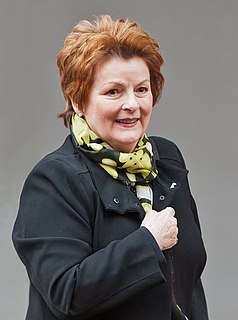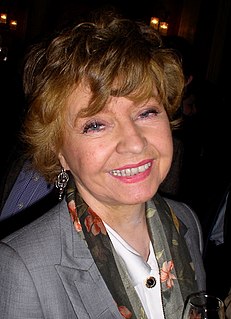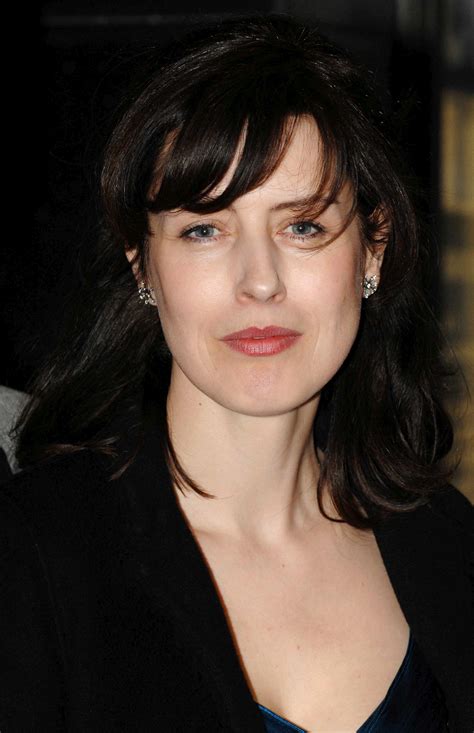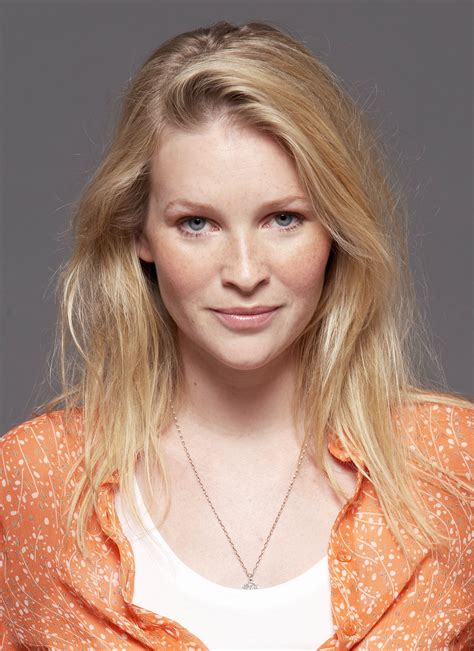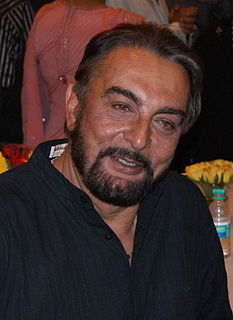A Quote by Roger Allam
I came to theatre as a teenager by going to the National Theatre when it was at the Old Vic and sitting on padded seats in the gallery for 15 pence, which was the price of a bus fare.
Related Quotes
I stayed a year in the sixth form and there was talk of Cambridge, but I wanted to go to drama school. At 17 and three months I went to the Old Vic School in London. This most remarkable and brilliant drama school lasted only six years because the Old Vic Theatre hadn't the money to go on funding it.
Before I worked on film, I studied the theatre, and I expected that I would spend my whole career in theatre. Gradually, I started writing for the cinema. However, I feel grateful towards the theatre. I love working with spectators, and I love this experience with the theatre, and I like theatre culture.
Professionally, I was at Bristol Old Vic Theatre School and did lots of things there, and then I won the BBC Carlton Hobbs Award, so I did some BBC Radio drama work, which is a lovely way to start out because you work with lots of great people, and you're working all the time, so you're learning rather than sitting around and waitressing.


